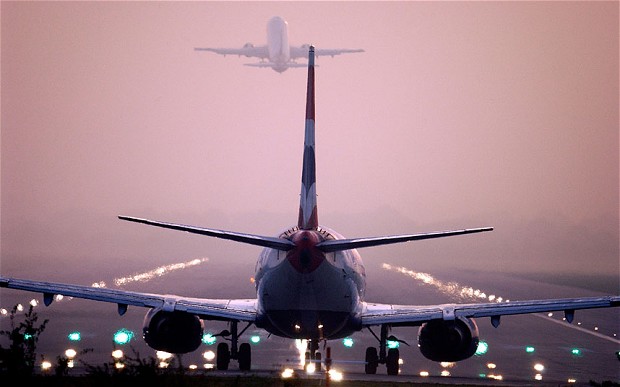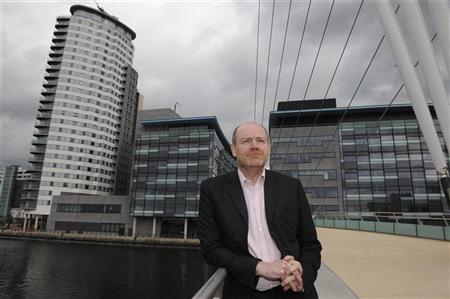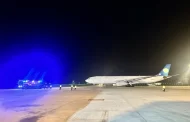 Gatwick Airport bosses have started to draw up detailed options for a new runway which could help resolve the UK’s air capacity crisis.
Gatwick Airport bosses have started to draw up detailed options for a new runway which could help resolve the UK’s air capacity crisis.
But Gatwick said it would honour a 1979 legal agreement that states no runway can be built at the West Sussex airport before 2019.
The options, to be submitted to a Government-appointed aviation commission, will assess the environmental and economic impacts of a new runway.
The chief executive of Gatwick, which serves 197 destinations and handles around 34 million passengers a year, said a new runway would benefit passengers.
“I believe a new runway at Gatwick could be affordable, practical and give passengers a greater choice of routes to key markets,” Stewart Wingate said.
“We have the space, capability and access to financial resources.”
London’s busiest airport, Heathrow, is operating close to full capacity after the Government blocked a third runway because of the resulting increase in planes flying over the city.
Mr Wingate said a new runway at Gatwick had “clear practical advantages” over expansion at Heathrow.
“When compared with a third runway at Heathrow, we would have a significantly lower environmental impact whilst adding significantly more capacity,” he said.
He added that it would also be preferable to other London alternatives.
“Stansted is half empty today, we already have much better surface transport links and feel our business case will be much stronger,” he said.
“As for the Estuary airport concepts, there are major questions on affordability, environmental issues and whether they are deliverable.”
But the Gatwick Area Conservation Campaign has always been opposed to a second runway at the airport on environmental grounds.
“We have had massive support from across Surrey, Sussex and west Kent,” Gatwick Area Conservation Campaign’s chairman, Brendon Sewill, said following the announcement.
“We have been supported by all the local MPs and all the county, district and parish councils in a wide area.
“If necessary, we will resume the battle.”
Gatwick has safeguarded the land that would be required for a new runway since it was bought by Global Infrastructure Partners in 2009.
It estimates that for the rest of this decade, London’s airports will be relying on their existing physical capacity.
As such, its submission to the commission will evaluate how the capacity of its existing runway can be maximised.
It will also argue that a second runway would help ensure that London’s airports provide the South East and the rest of UK with the connectivity needed in the future.
The commission, led by the former head of the Financial Services Authority Sir Howard Davies, will make its full report into the South East’s airport capacity in 2015.
Source : Orange News





































